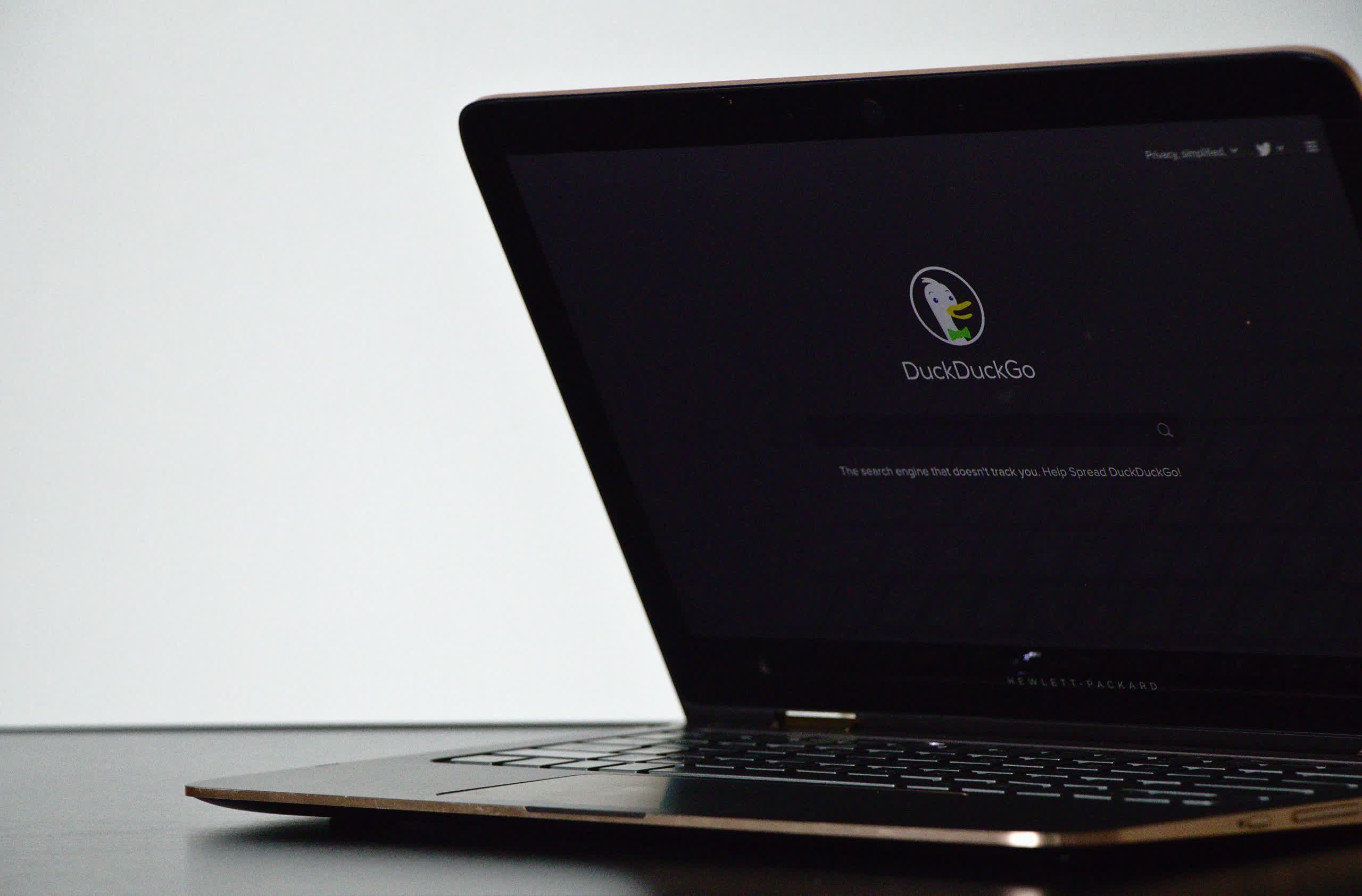What just happened? The privacy-focused search engine DuckDuckGo has removed several major pirate websites, such as The Pirate Bay, 1337x, and YTS, from its search results. This move also includes YouTube-ripping services, which are considered a grey area in terms of legality.
Update (April 19): Following reports (including ours) that DuckDuckGo was removing certain pirate sites from its search results, CEO and founder Gabriel Weinberg denied such claims this week, as seen in the tweet below. It should be noted, however, that the site was indeed not listing many of the mentioned sites properly, and this was not limited to the "site: operator," even if the removal was not intentional.
As noted by TorrentFreak, there was a confirmed removal of a group of sites, which were later identified to being delisted from Bing. DuckDuckGo builds its search results from a variety of third-party data from different sources, including Microsoft's Bing engine. The TorrentFreak article also mentions how bogus DMCA takedowns usually result in having sites or specific pages getting removed from search results, and that Bing is particularly sensitive to such actions.
Similarly, we are not "purging" YouTube-dl or The Pirate Bay and they both have actually been continuously available in our results if you search for them by name (which most people do). Our site: operator (which hardly anyone uses) is having issues which we are looking into.
--- Gabriel Weinberg (@yegg) April 17, 2022
DuckDuckGo is one of the most popular privacy-focused search engines and a renowned alternative to the data-hungry Google. Unlike other search platforms, the site doesn't keep a log of sensitive user information or share its search trends with advertisers.
The site has made another move that differentiates itself from Google in the past week: piracy-free search results. On Friday, Torrentfreak discovered that the site deindexed several popular pirate websites, effectively removing them from search results.
Piracy websites bid goodbye to DuckDuckGo's search results https://t.co/daBvoUlvht pic.twitter.com/SbvSBRa78z
--- yugatech.ph (@yugatech) April 16, 2022
DuckDuckGo removed all domains for these sites entirely from its database, with search results being blank or only bringing up a single result. This crackdown includes several types of pirate sites, including torrent indexes, movie streaming portals, and blogs with downloads to cracked video games. However, many less popular piracy websites remain visible.
The change removes the potential vulnerability of DuckDuckGo to copyright issues, despite not hosting any of the copyrighted content. Google has an automated system that eliminates possible DMCA-infringing entries, but that has done little to deter search results for the most popular piracy websites. They have also demoted piracy websites in certain regions, such as the UK.
Surprisingly, the removal includes the homepage to youtube-dl, a Python-based open-source downloader for YouTube and other online videos. Despite challenges from the RIAA, the Electronic Frontier Foundation has defended the legality of youtube-dl, maintaining that the tool is crucial for archiving and documentation purposes.
DuckDuckGo has not yet responded to questions from journalists about the omission. The company recently entered the browser wars with the launch of its privacy-focused desktop browser for Windows and Mac, following their popular free browser for Android.
Image credit: Dawit
